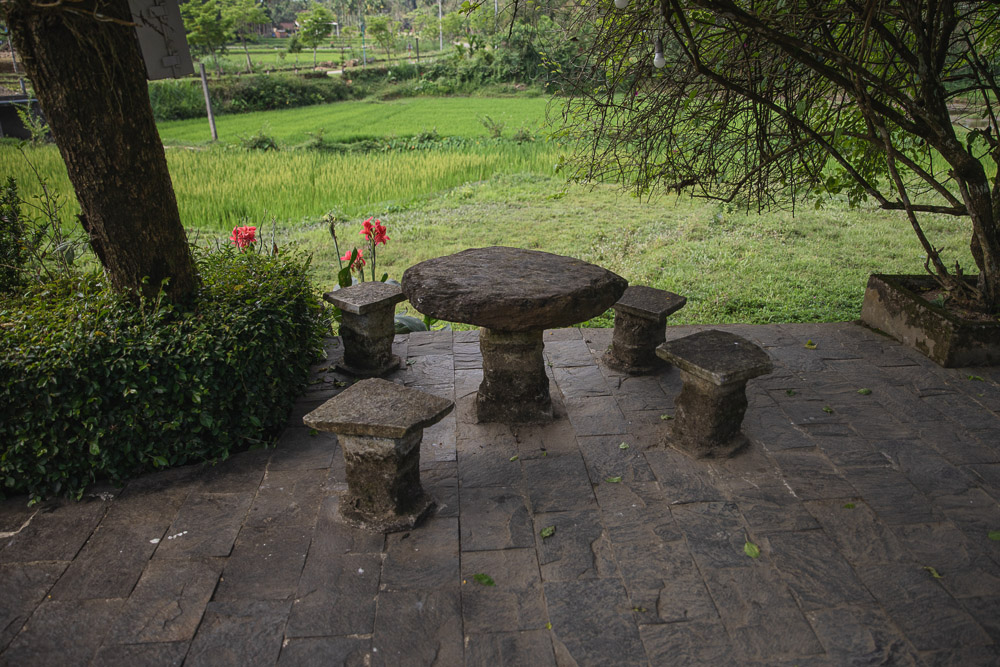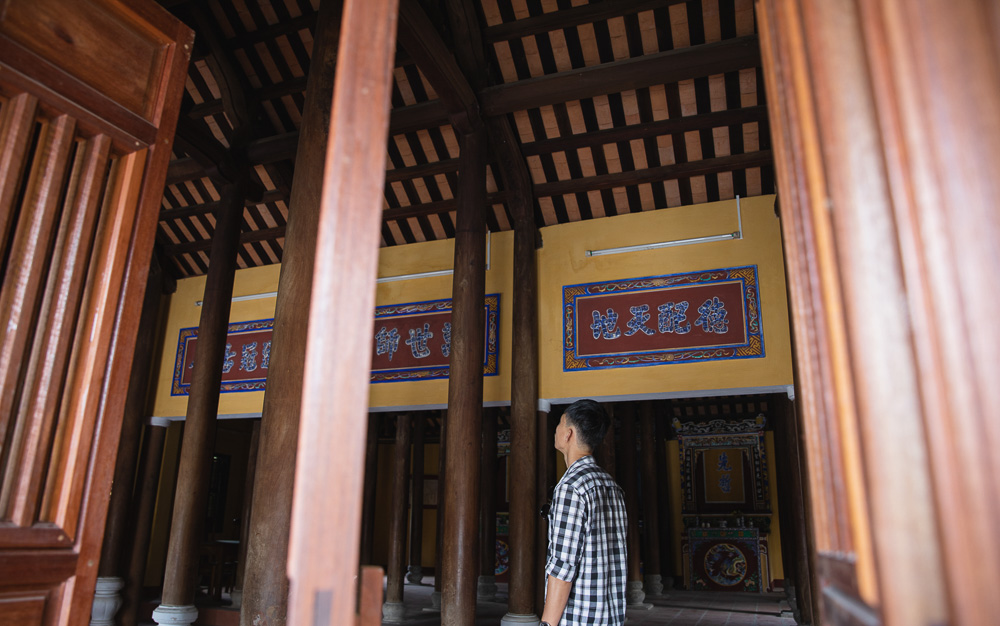The people of Quang Nam are some of the kindest people in Vietnam, and are happy to meet foreign visitors. You can prepare to be a good guest in this special setting by learning the basics of local etiquette. Here are some guidelines to follow.
Cultural overview
Vietnamese culture is strongly influenced by the teachings of Confucianism, which revolve around duty and loyalty, respect for parents and elders, seniority and sincerity. Many aspects of local culture have to do with how people of different ages and authority relate to each other.
TIP: Vietnamese may ask you right away how old you are. Don’t take offense: They want to know so they can determine the right title to address you respectfully.
Family is central to Vietnamese culture, and Vietnamese people are always concerned with the care of their family members and the honoring of ancestors. Young Vietnamese often live at home until they are married, and it’s common for three generations to live together in one house.
Many local people in Quang Nam live in the countryside, and follow traditional beliefs and practices that are passed from one generation to the next. Many are devoutly religious, and lead hard-working lives from the time they are young until they grow old.

Dining and drinking
Vietnamese meals are communal events, with all dishes served at once and enjoyed by everyone together. Usually you will be given chopsticks and a small bowl, which you can refill as many times as you like (if you prefer a spoon and fork, feel free to ask.) Though there are many finer points of good manners when dining, these are the most important points to remember:
- Wait for the oldest person to sit first and eat first.
- Pass your bowl with two hands to the person sitting closest to the rice for a refill.
- Don’t tap your chopsticks, point with your chopsticks, or leave them standing up in your bowl.
- Use your chopsticks to take small portions of any dish. For soup, use a spoon in your left hand.
- Lifting your bowl and making appreciative sounds is allowed and encouraged.
- Wait a little before leaving the table after eating, and be sure to thank your host.
- Say ‘mot, hai, ba, yo!’ (one, two, three, cheers!) to toast with your Vietnamese friends.
Social interactions
Vietnamese usually greet each other with a ‘Xin chào!’ and a slight bow and smile. In Quang Nam, most people do not shake hands as a way of greeting. Instead, when you meet new people, bow your head slightly a few times and smile to greet them. Here are a few more pointers:
- Avoiding eye contact is one way Vietnamese show respect for elders or authority.
- Crossing and pointing fingers is not polite in Vietnam — use your whole hand to gesture.
- Instead of speaking, Vietnamese will often smile as a way of showing apology.
- Men and women generally do not touch, hold hands or shake hands in public.
- Practice ‘saving face’ by not getting angry, criticizing or shaming others in public.
TIP: Locals in Quang Nam are quite conservative, and find public displays of affection highly inappropriate and insensitive, especially if done close to religious sites. Wearing skimpy or revealing clothing is also uncommon in Central Vietnam, and can be considered immodest. To respect the values of the people in Quang Nam, try to understand and follow the local way of doing things, even if it’s different from how you might behave in your country.

Visiting and touring
In Vietnam, always remove your shoes and hats when entering a home or a place of worship. In temples and pagodas, be sure to keep your voice soft, and don’t touch the statues or items on the altars. There’s an altar in every Vietnamese home and business — try not to walk around in front or place anything in its way. Make sure you’re dressed respectfully for visits to religious sites (keep shoulders and knees covered) and never touch a monk or nun, especially on the head.
A little bargaining is usually expected in Quang Nam’s shops and markets. Always bargain in a cheerful way, and if you can’t get the price you want, just walk away and try somewhere else. Tipping is not expected in Vietnam, however if you received great service from a tour guide, driver, wait staff or massage therapist, feel free to leave a small tip.
Common Vietnamese phrases
Hello / Goodbye – Xin chào / Tạm biệt
How are you? / Fine, thank you. – Khỏe không? / Khoẻ, cảm ơn
My name is… – Tôi tên là…
I don’t understand – Tôi không hiểu
How much is the price? – Bao nhiêu tiền?
Expensive / cheap – Đắt quá / Rẻ
Thank you – Cảm ơn
See you again – Hẹn gặp lại












